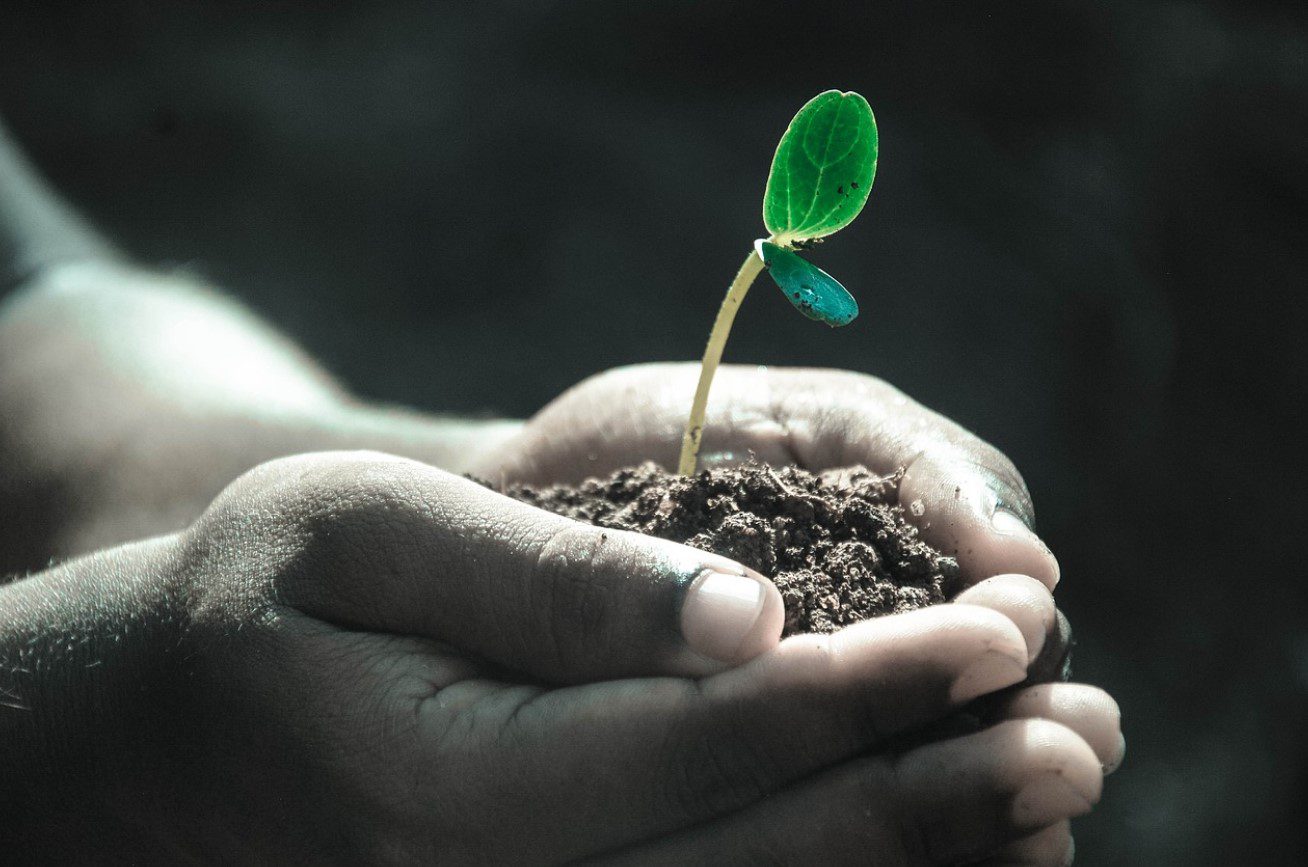Parenting today can feel like a constant battle against a world that’s always telling us to have and buy more. From flashy toys to the latest gadgets, kids are bombarded with the message that happiness comes from owning more stuff. But what if we flipped that script? What if we could teach them to find joy in experiences instead of things, to focus on quality over quantity?
What if we could teach them to live with intention rather than always chasing the next big purchase?
That is where minimalism and conscious consumerism come in. These aren’t just trendy buzzwords—they are powerful ways of thinking that can help kids make smarter, more thoughtful choices about what really matters to them.
What Is Minimalism and Conscious Consumerism?
Minimalism is the practice of intentionally living with less. It is about decluttering physical, mental, and emotional spaces to focus on what truly matters. For parents, this could mean prioritizing meaningful experiences over material possessions or creating simpler routines that reduce stress for the family.
Conscious consumerism complements minimalism by emphasizing thoughtful purchasing decisions. It encourages us to buy fewer items, opt for sustainable and ethically made products, and consider the environmental and social impacts of our consumption.
Together, these principles can help families resist the culture of overconsumption while teaching children life-long skills for thoughtful living.
Why Teach Kids Minimalism and Conscious Consumerism?
Teaching kids minimalism and conscious consumerism, or quality over quantity, is not just about simplifying their lives—it is about equipping them with essential life skills and values that will shape their character and guide their choices as they grow.
Here are some important points to consider:

1. It Builds Gratitude
In a world filled with advertisements and social media showcasing what others have, it is easy for kids to feel like they are missing out. Minimalism helps shift their focus to appreciating what they already have rather than constantly wanting more.
- Gratitude builds a sense of contentment and happiness. This helps kids feel fulfilled without relying on external rewards.
- When children value their belongings, they are more likely to take care of them, whether it is a favorite toy, a cherished book, or a gift from a loved one.
- Gratitude also extends to relationships. Kids learn to appreciate family, friends, and shared experiences. This reinforces the idea that life’s greatest joys often come from connection, not consumption.
2. It Sharpens Their Thinking
Children are constantly exposed to messages designed to make them want things they don’t need. Minimalism teaches them to think critically and ask important questions:
- “Do I really need this?” This mindset helps them distinguish between essentials and impulses. This promotes smarter decision-making.
- They become more aware of advertising tactics, learning how marketers play on emotions to sell products. This awareness empowers kids to resist pressure and make thoughtful choices.
- By understanding the difference between “wants” and “needs,” kids develop better self-control and avoid impulsive habits that could follow them into adulthood.
3. It Helps the Planet
Consumerism has a direct impact on the environment, from deforestation and pollution to overflowing landfills. Raising kids with a minimalist mindset encourages them to make choices that are kinder to the planet.
- Consuming less means producing less waste.
- Conscious consumerism teaches them to prioritize eco-friendly and ethical products, which encourages habits like recycling, reusing, and supporting sustainable brands.
- They become aware of global issues such as climate change, deforestation, and pollution, growing into adults who advocate for positive change and adopt sustainable lifestyles.
4. It Boosts Their Happiness
Contrary to popular belief, more possessions don’t equal more happiness. In fact, research shows that having fewer things often leads to less stress and greater well-being.
- Decluttered Spaces, Decluttered Minds: A tidy, organized environment allows kids to focus better, explore their creativity, and feel calmer.
- Freedom from Comparison: Minimalist values teach children to focus on their own lives instead of comparing themselves to peers who may have more. This reduces feelings of inadequacy and boosts self-esteem.
- The Joy of Experiences: By shifting the focus from material items to experiences—like family trips, hobbies, or playing outside—kids learn that true happiness comes from connection, adventure, and personal growth.
Practical Ways to Raise Kids to Appreciate Quality Over Quantity

1. Model the Behavior You Want to Teach
Children learn best by example. If parents adopt a minimalist mindset and practice conscious consumerism, so will the kids.
- Declutter Together: Regularly clean out closets and toy bins, and donate items no longer in use. Involve kids in deciding what to keep or give away.
- Be Mindful Shoppers: Talk openly about why you’re choosing quality over quantity, such as buying a sturdy pair of shoes instead of several cheaper ones.
2. Teach Kids the Value of Experiences
One of the core principles of minimalism is that experiences often bring more joy and fulfillment than material possessions.
- Plan Family Activities: Prioritize outings like hiking, visiting a museum, or baking at home instead of buying new toys.
- Encourage Hobbies: Support activities like painting, reading, or gardening that foster creativity and engagement without requiring constant spending.
3. Focus on Quality When Buying
Help children understand the importance of durability and ethical production.
- Compare Products: Show them how to assess quality by looking at materials, craftsmanship, and reviews.
- Discuss Ethical Choices: Explain why it’s better to support companies that prioritize fair wages and eco-friendly practices, even if their products cost more.
4. Instill Gratitude Through Intentional Giving
Teaching kids to give thoughtfully can help them appreciate what they have.
- Holiday Giving: Encourage them to donate one old toy for every new one they receive during the holidays.
- Make Gratitude a Habit: Start a family gratitude journal where kids can write about things they’re thankful for, focusing on non-material joys like friendships or family traditions.
5. Create a “Wish List” Culture
Teach kids to wait and reflect before buying.
- Delayed Gratification: Encourage them to save for something special rather than impulsively buying smaller items.
- Birthday and Holiday Lists: Work with kids to create a list of meaningful gifts they would truly value instead of overwhelming them with random presents.
Challenges You Might Face—and How to Overcome Them
- Peer Pressure and Media Influence
- Solution: Educate kids about marketing tactics and the reality behind social media’s “perfect” lifestyles. Help them focus on their own values rather than comparing themselves to others.
- Resistance to Decluttering
- Solution: Turn it into a positive experience by letting kids choose which items bring them joy. Use phrases like, “Does this make you happy?” instead of forcing them to part with things.
- Initial Costs of Quality Items
- Solution: Emphasize the long-term savings of buying durable products and involve kids in the decision-making process so they understand the value.
The Long-Term Benefits of Raising Minimalist Kids

Children raised with minimalist values are equipped with a mindset that serves them far beyond childhood. By learning early to value quality over quantity, they develop a healthy relationship with material possessions and avoid the pitfalls of excessive consumerism.
Here’s how this foundation benefits them in the long run:
1. Reduced Materialism, Increased Fulfillment:
Minimalist kids grow up understanding that happiness doesn’t come from having the latest gadgets or piles of belongings. Instead, they find satisfaction in meaningful experiences, relationships, and personal achievements. This shift in perspective helps them lead more fulfilling and content lives.
2. Environmental Stewardship:
By consuming less, these children become mindful of their ecological footprint. They’re more likely to adopt sustainable practices as adults, such as reducing waste, supporting ethical brands, and advocating for environmental conservation. This awareness can ripple outward, influencing their peers and communities.
3. Resilience in Life’s Challenges:
Minimalist values teach kids how to distinguish between what’s truly important and what’s not. This clarity helps them navigate challenges with focus and calmness, making them less likely to be overwhelmed by stress or distracted by superficial concerns.
4. Stronger Emotional Intelligence:
By prioritizing relationships and experiences, minimalist kids develop deeper connections with others. They’re more empathetic, collaborative, and skilled at building strong personal and professional networks.
5. Creativity and Problem-Solving:
Fewer possessions often mean more opportunities for kids to use their imagination. Without an overabundance of toys or digital distractions, they’re encouraged to create, innovate, and think critically—valuable skills that carry over into their adult lives.
6. Financial Responsibility:
Children raised with minimalist principles grow into adults who are savvy about money. They understand the importance of saving, budgeting, and making thoughtful purchases, which sets them up for financial stability and independence.
7. A Focus on Purpose and Personal Growth:
Minimalist kids learn to look inward for fulfillment rather than chasing external validation through possessions. As adults, they’re more likely to prioritize self-improvement, lifelong learning, and contributing positively to society.
Ultimately, raising children with minimalist values isn’t just about helping them live with less; it’s about helping them live with more—more clarity, more connection, more creativity, and more purpose. These are the qualities that will enable them to lead meaningful lives and become responsible, thoughtful members of a better, more sustainable world.
Closing Thoughts

Parenting is about more than just raising children—it is about shaping future adults who will manage this world with values that lead to a meaningful and fulfilling life.
In a society that often equates success with owning more and having the latest and greatest, we have the chance to teach our kids a different definition of happiness. Minimalism and conscious consumerism, or a life of quality over quantity offer us a way to slow down, reflect, and focus on what really matters: connection, purpose, and sustainability.
By adopting these principles, we simplify not only our own lives but also those of our children. We teach them to live with intention, to appreciate what they have, and to find joy in experiences and relationships rather than fleeting material possessions.
These lessons go beyond childhood—they’re tools our kids will carry into adulthood, helping them make decisions with care and compassion for themselves, others, and the planet.
Imagine the impact of raising a generation that values quality over quantity—choosing products that last, relationships that matter, and moments that leave lasting memories.
Picture children who see experiences, creativity, and sustainability as greater treasures than the next trendy gadget or fast-fashion item. Together, we can guide our kids toward a life grounded in gratitude and mindful choices.





Leave a Reply